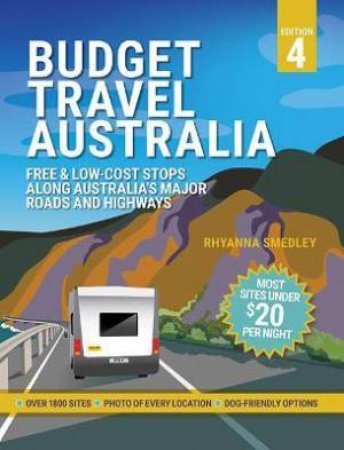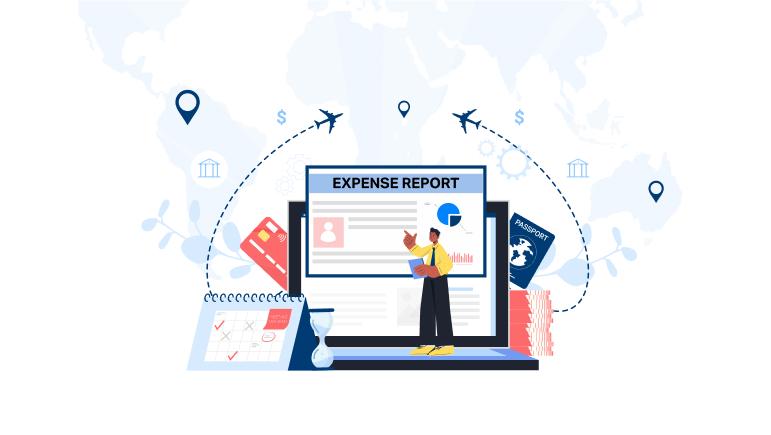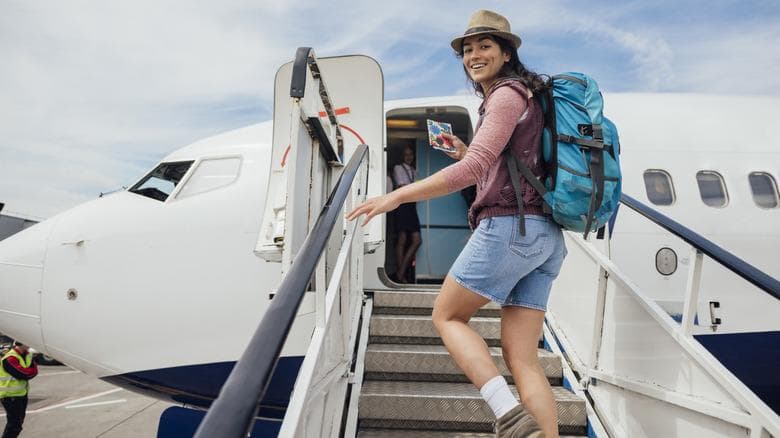
Understanding Your Major Travel Costs
When planning a trip, it’s essential to identify where your money really goes. Transportation often consumes a big chunk of the budget, including flights, trains, taxis, or car rentals. Accommodation is another major player, with options ranging from budget hostels to luxury hotels. Beyond these, food and dining expenses can vary widely depending on your tastes and travel style. Don’t overlook incidental costs like travel insurance, visas, and airport transfers—they can quietly add up and affect your overall budget.
To give you a clearer picture, here’s a simple breakdown of typical travel expense categories and their estimated budget range:
| Expense Category | Estimated % of Budget |
|---|---|
| Flights / Transportation | 30-40% |
| Accommodation | 25-35% |
| Food & Dining | 15-20% |
| Entertainment & Activities | 10-15% |
| Miscellaneous (insurance, visa, tips) | 5-10% |

Hidden Expenses That Often Catch Travelers Off Guard
While planning your trip budget, it’s easy to focus on major expenses like flights and accommodation, but several subtle costs often fly under the radar. These sneaky charges can chip away at your funds faster than you expect. For instance, airport baggage fees can unexpectedly inflate your ticket price, especially with budget airlines tightening their policies. Then, there are currency exchange fees that quietly diminish your purchasing power every time you withdraw cash or use your card abroad. Don’t forget about the “convenience” charges slapped onto rapid airport Wi-Fi and some ATM withdrawals — small in isolation, yet collectively significant.
Additionally, everyday travel necessities frequently come with hidden price tags. Items like bottled water in tourist hotspots, tipping in local restaurants, or even public restroom access fees may seem trivial but add up over days or weeks on the road. Below is a quick glance at common overlooked expenses travelers encounter:
- Tourist taxes or city fees added to hotel bills
- Transportation surcharges for luggage or late-night rides
- ATM and card foreign transaction fees
- Resort or facility usage fees that aren’t always advertised upfront
- Souvenir impulse purchases driven by convenience rather than necessity
| Expense Type | Typical Cost | Best Avoidance Tip |
|---|---|---|
| Checked Baggage Fees | $25 - $60 per bag | Pack light, use carry-on only |
| Currency Exchange Markups | 2% - 5% per transaction | Use no-fee travel cards |
| Wi-Fi/Internet Fees | $5 - $15 per day | Download offline maps & entertainment |
| Tourist Taxes | $1 - $5 per night | Research hotel fees in advance |

Smart Strategies to Minimize Spending Without Sacrificing Experience
When aiming to stretch your travel budget, it's crucial to focus on value over sheer cost-cutting. Opt for accommodations that offer unique local charm rather than expensive luxury hotels. Consider boutique hostels, guesthouses, or short-term rentals that often come with kitchen facilities, allowing you to prepare some meals. Utilizing local markets for fresh produce instead of eating out every meal can significantly trim your food expenses while enriching your cultural experience. Additionally, prioritize public transportation or shared rides to explore the city efficiently without the premium price tag of taxis or car rentals.
Strategic planning can turn expensive activities into memorable experiences without the hefty price. Look out for free walking tours, discounted museum days, and community events that showcase local traditions at no cost. Booking tickets or excursions in advance often provides better rates, and some destinations offer tourist passes that bundle multiple attractions at a reduced price. To help visualize the impact of smart spending, here’s a simple guide:
| Strategy | Typical Cost | Smart Alternative | Estimated Savings |
|---|---|---|---|
| Hotel Stay | $120/night | Guesthouse or Hostel - $50/night | ~58% |
| Taxi Rides | $30/day | Public Transport - $5/day | ~83% |
| Eating Out | $45/day | Local Market & Cooking - $20/day | ~56% |

How to Budget Effectively for a Stress-Free Trip
Creating a smart travel budget begins with understanding the *core components* that consume the bulk of your expenses. Think beyond just airfare and accommodation—daily meals, local transport, entertainment, and spontaneous shopping add up quickly. To keep your trip stress-free, allocate funds to each category ahead of time and always set aside a contingency fund for unexpected costs. This way, every dollar has a purpose, helping avoid last-minute scrambles or overspending.
Start by breaking down your budget into manageable chunks using a simple list like this:
- Transportation: Flights, trains, taxis, and local transit cards
- Accommodation: Hotels, hostels, or vacation rentals
- Food & Drinks: Daily meals, snacks, and occasional dining splurges
- Activities: Entrance fees, tours, and cultural experiences
- Shopping & Souvenirs: Gifts and personal items
| Expense Category | Typical % of Budget | Tips to Save |
|---|---|---|
| Transportation | 30% | Book early & use public transit |
| Accommodation | 25% | Consider hostels or home rentals |
| Food & Drinks | 20% | Eat like a local & avoid tourist traps |
| Activities | 15% | Use city passes & free events |
| Shopping | 10% | Set strict limits or skip buying |







Responses (0 )